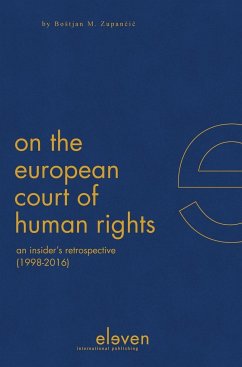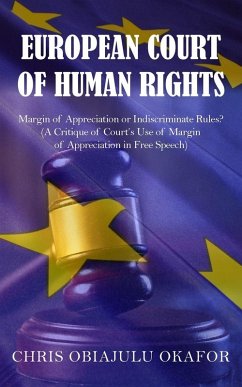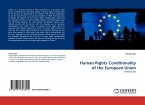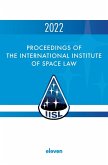In this book the author gives his views on the workings of the European Court of Human Rights (ECHR), where he served as a judge for 18 years. The book deals with the author's subsequent successes, defeats and tribulations while attempting to introduce into the case law of the ECHR his previously well thought-out theoretical convictions. These convictions can be found in his essays published in The Owl of Minerva: Essays on Human Rights (2007) and his dissenting opinions which were published in The Owlets of Minerva (2011). Based on his many years of experience in the field, the author examines the dialectic relationship between the rule of law and law and order; between state and individual; judicial power of logic vs executive logic of power. These dynamic contradictions are never resolved. On the contrary, they are the motor of development and inspire judicial reasoning and the balancing of justice vis-¿-vis power and arbitrariness. In its almost 60 years of existence, the Court has been at the crossroads of two disparate modes of legal reasoning, the common law and the continental legal formalism. The author argues that the cause of the decline of the Court is its inability to adapt and to adopt reasoning by analogy. This thought-provoking book is of interest to academics in the field of law, human rights and constitutionalism.
Hinweis: Dieser Artikel kann nur an eine deutsche Lieferadresse ausgeliefert werden.
Hinweis: Dieser Artikel kann nur an eine deutsche Lieferadresse ausgeliefert werden.








